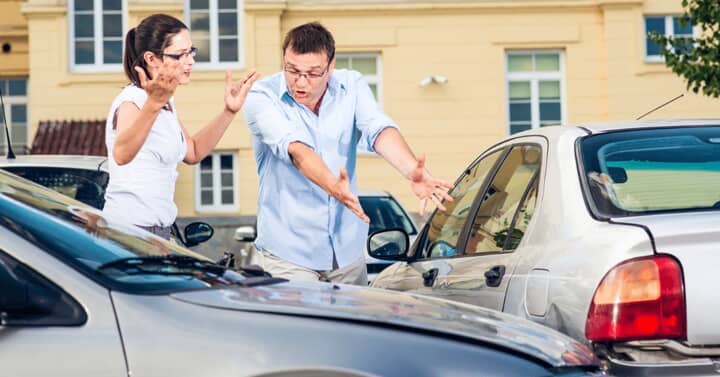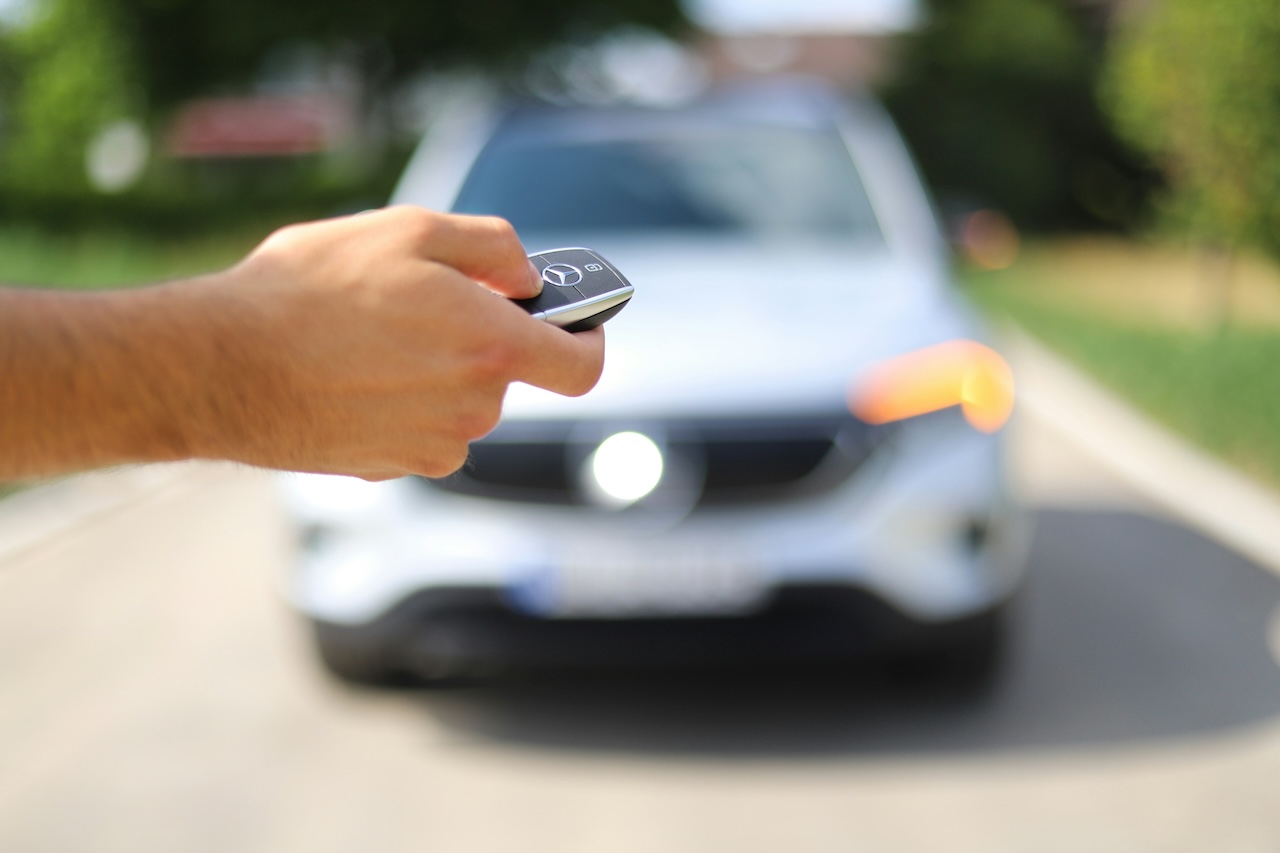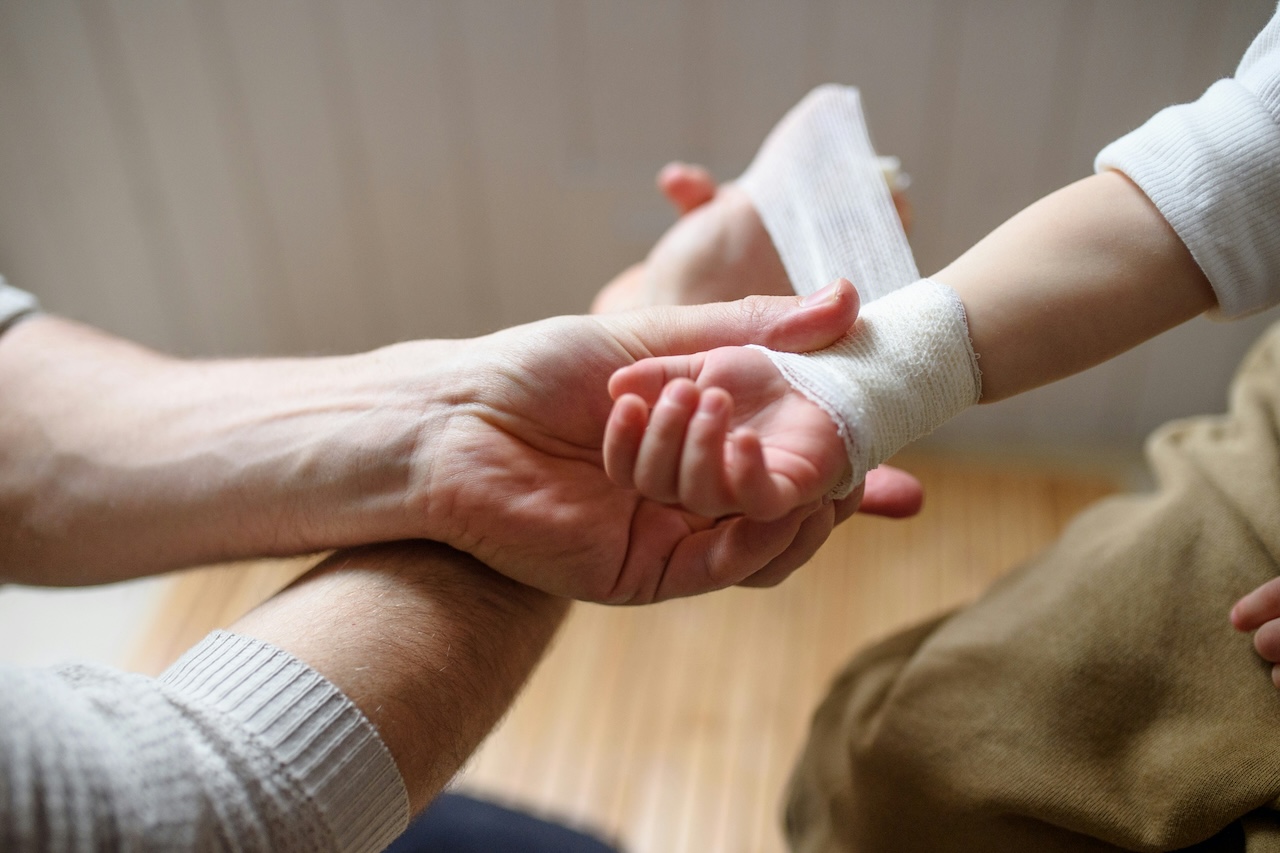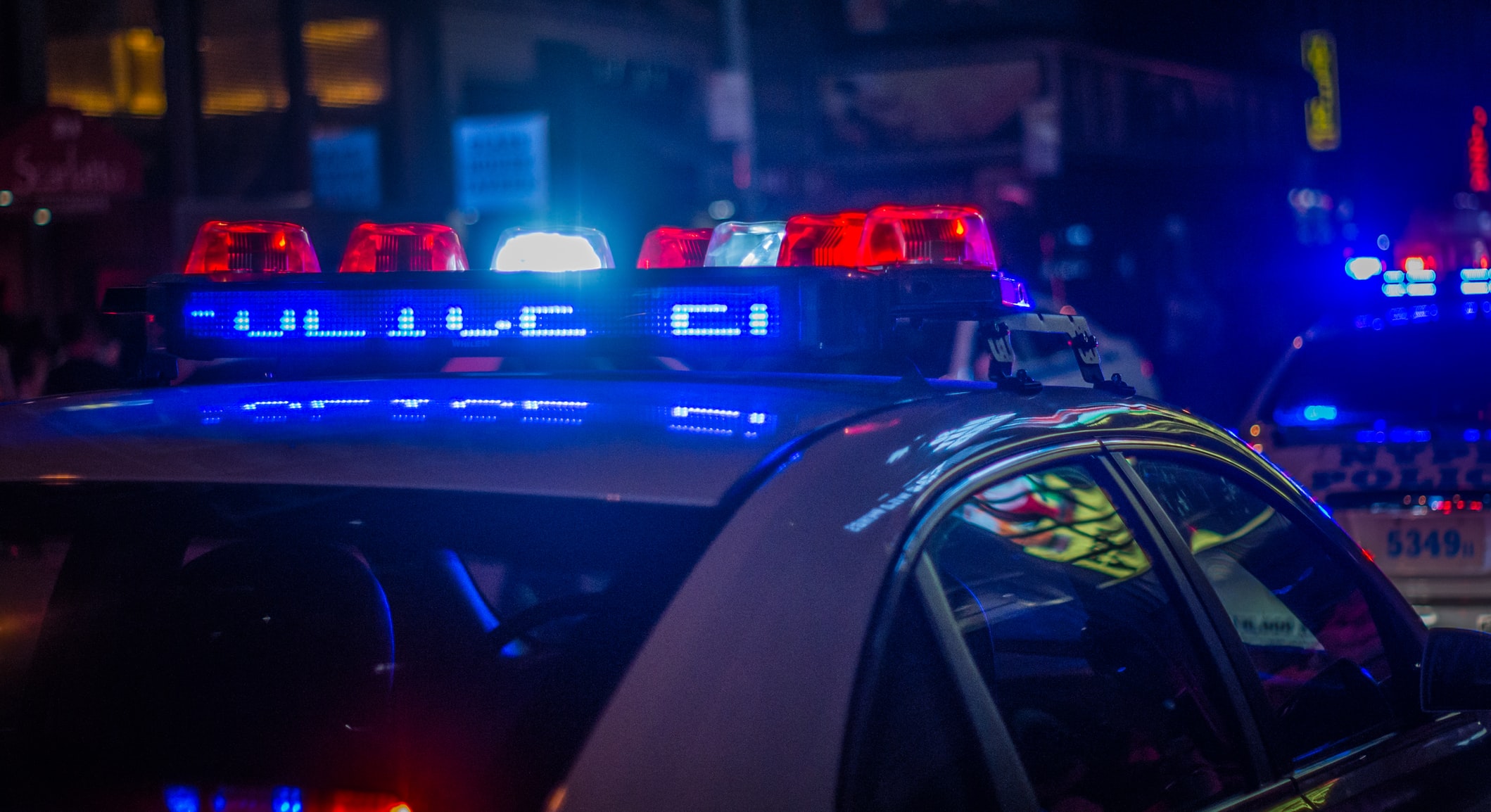Everything you do after a car accident matters, including what you don’t do. For everything that you should do to collect evidence and protect yourself from being unfairly blamed for the crash, there is at least one other thing you should keep in mind and try to avoid.
Five things you should NOT do after a car accident are:
- Leave the scene early: You have to stay at the scene of an accident until everyone has had a chance to exchange insurance and identifying information. If the authorities have been called to the scene, then you are typically expected to wait for their go-ahead to leave. Getting into a crash and leaving before you exchange information can constitute a hit-and-run and bring criminal charges against you.
- Downplay your injuries: It can be tempting to tell people that you feel fine after a crash because you don’t want to worry them. However, you should always be direct about your injuries. If you feel pain in your back or neck, for example, then be forward about it. Let the other driver know, as well as any medical professionals who see and treat you. Downplaying an injury only hurts your chances of getting a fair recovery later.
- Say “I’m sorry”: Another thing you might be tempted to do is say “I’m sorry” at some point to someone else involved in the accident. Even this simple statement that was probably meant to show sympathy or that was given just as a courtesy can be misconstrued by insurance companies as an admission of guilt and liability.
- Talk to the opposing insurance company: The other driver’s insurance company’s only goal is to find a way to make you fully liable for the car accident, so then they don’t have to give you any coverage or compensation. This is the business of an insurance company, so it isn’t personal, but it is frustrating. They will try to contact you a few times to get a statement that makes you sound liable. You are not obligated to give them any recorded statements after a crash. Leave all conversations with them up to your attorney.
- Lie: Honesty is the best policy when dealing with the aftermath of a car accident. You don’t need to divulge too much information to the opposing party before consulting with an attorney, but you definitely should not lie about things. Being forthright with your medical providers and lawyers is especially important because they need to know the full truth to give you the best services possible.
Are you worried you might have done something to jeopardize your car accident case before it even had a chance to get started? Don’t assume the worst! Contact Huffman & Huffman to talk about your claim with our car accident attorneys to see what to do next in pursuit of fair compensation.
 Text Us
Text Us  Call Us
Call Us 







